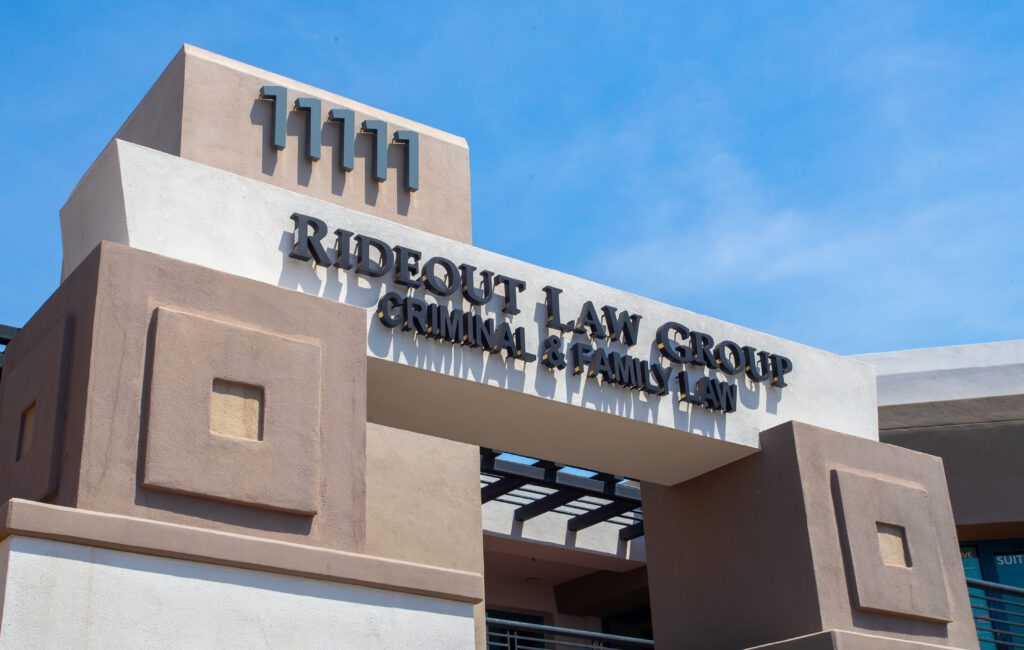Terrorism Laws in Arizona
Since the national tragedy of September 11th, 2001, states like Arizona have tightened their laws regarding terrorism in an effort to keep their citizens safe.
The state of Arizona defines terrorism as any felony, including any completed or preparatory offense, that involves the use of a deadly weapon or a weapon of mass destruction or the intentional or knowing infliction of serious physical injury with the intent to do any of the following:
- Influence the policy or affect the conduct of this state or any of the political subdivisions, agencies, or instrumentalities of this state.
- Cause substantial damage to or substantial interruption of public communications, communication service providers, public transportation, common carriers, public utilities, public establishments, or other public services.
- Intimidate or coerce a civilian population.
- Further the goals, desires, aims, public pronouncements, manifestos, or political objectives of any terrorist organization.
Terrorism: A.R.S. 13-2308.01
According to A.R.S. 13-2308.01, it is unlawful for anyone to intentionally or knowingly do any of the following:
- Engage in an act of terrorism.
- Organize, manage, direct, supervise or finance an act of terrorism.
- Solicit, incite, or induce others to promote or further an act of terrorism.
- Without lawful authority or when exceeding lawful authority, manufacture, sell, deliver, display, use, make accessible to others, possess or exercise control over a weapon of mass destruction knowing or having reason to know that the device or object involved is a weapon of mass destruction.
- Make property available to another, by transaction, transportation or otherwise, knowing or having reason to know that the property is intended to facilitate an act of terrorism.
- Provide advice, assistance or direction in the conduct, financing, or management of a terrorist organization.
- Provide advice, assistance or direction in the conduct, financing, or management of an act of terrorism knowing or having reason to know that an act of terrorism has occurred or may result by:
- Harboring or concealing any person or property.
- Warning any person of impending discovery, apprehension, prosecution, or conviction. This subdivision does not apply to a warning that is given in connection with an effort to bring another person into compliance with the law.
- Providing any person with material support or resources or any other means of avoiding discovery, apprehension, prosecution, or conviction.
- Concealing or disguising the nature, location, source, ownership or control of material support or resources.
- Preventing or obstructing by means of force, deception, or intimidation anyone from performing an act that might aid in the discovery, apprehension, prosecution, or conviction of any person or that might aid in the prevention of an act of terrorism.
- Suppressing by any act of concealment, alteration, or destruction any physical evidence that might aid in the discovery, apprehension, prosecution, or conviction of any person or that might aid in the prevention of an act of terrorism.
- Concealing the identity of any person.
Terrorism Penalties
Terrorism is a class 2 felony in Arizona and an offender can be sentenced to life or natural life imprisonment in the Arizona Department of Corrections. Those not sentenced to life imprisonment can be incarcerated for up to 25 calendar years. Offenders of terrorism are subject to exceptionally strict eligibility requirements regarding commutation, parole, sentence suspension, probation, pardon, and release. In some cases, offenders will not be eligible for these at all.
Making a Terrorist Threat / False Reporting of Terrorism
Pursuant to A.R.S. 13-2308.02, it is unlawful for anyone to:
- Threaten to commit an act of terrorism and communicate the threat to any other person.
- Knowingly make a false report of an act of terrorism and communicate the false report to any other person.
It is not a defense to a prosecution under this section that the person did not have the intent or capability of committing the act of terrorism.
A violation of this statute is a class 3 felony. First-time offenders can be incarcerated for up to 8.75 years. Additionally, an offender is liable for the expenses that are incurred incident to the response to, or the investigation of, the commission of the terrorist threat or the false report of terrorism. If the person is a juvenile who is adjudicated delinquent, the court may order the juvenile to pay the expenses incurred under this subsection as restitution. The expenses are a debt of the person. The public agency, for-profit entity or not-for-profit entity that incurred the expenses may collect the debt proportionally. The liability that is imposed under this subsection is in addition to any other liability that may be imposed.
RIDEOUT LAW GROUP
With offices in Lake Havasu City and Scottsdale, our firm serves the entire state of Arizona, with a particular focus on criminal defense, family law, and juvenile cases.
Our goal is for the best outcome for your criminal case, which can include:
- charges that are reduced or dropped.
- top experts reviewing your case.
- aggressive negotiations with the prosecution for plea bargains.
- fines or probation in lieu of jail time.
At Rideout Law Group, our attorneys are able to expertly examine the evidence in your case to provide a strong strategy for argument that leads to an outcome that is most favorable to you. We have experience in all types of criminal cases for both adults and juveniles, with positive outcomes both in plea negotiations as well as jury trial settings.
Call us today for a free consultation at 480-584-3328.
